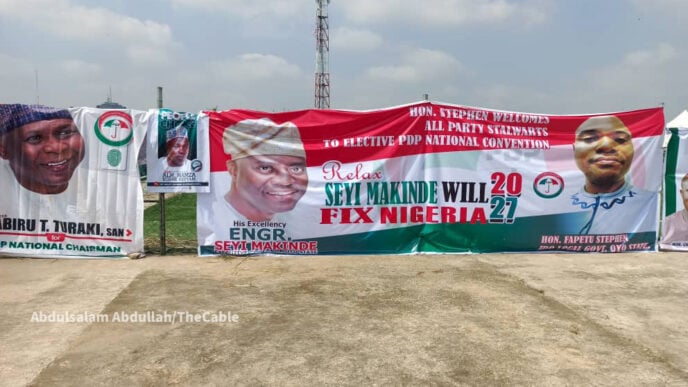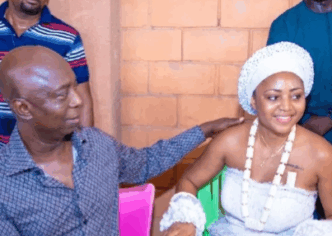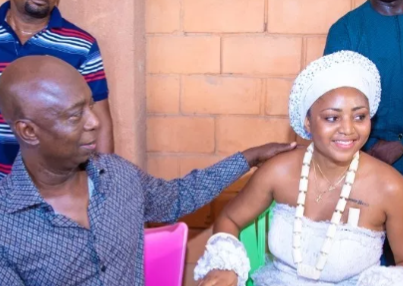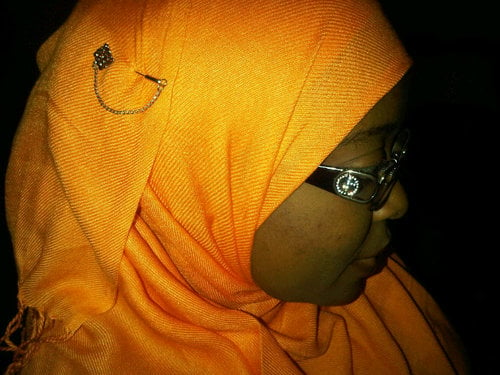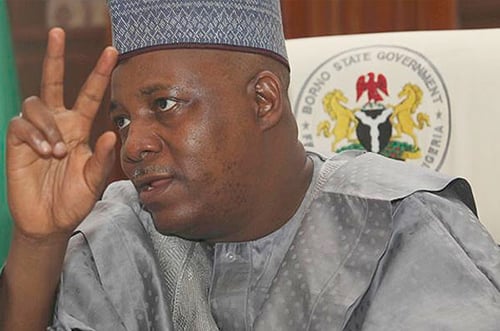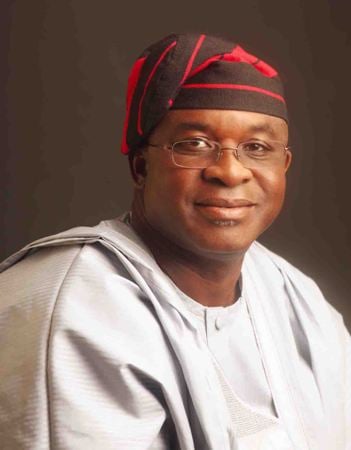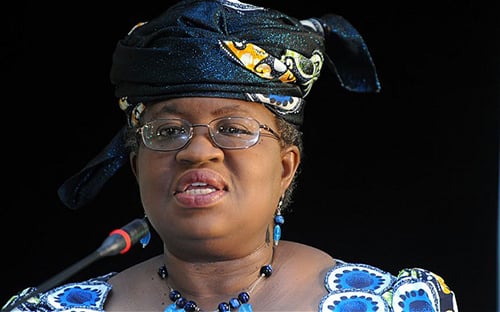File photo
The National Judicial Institute (NJI) says conflicting judgments issued by courts of coordinate jurisdiction should not be interpreted as signs of weakness in Nigeria’s justice system.
Speaking in Abuja on Thursday at a media briefing ahead of the 2025 All Nigerian Judges’ Conference, Babatunde Adejumo, administrator of the NJI, said such disagreements are part of the natural evolution of the law.
Adejumo was reacting to recent contradictory interim orders issued by courts in Abuja and Ibadan in the build-up to the Peoples Democratic Party (PDP) national convention.
Two judges of a federal high court in Abuja had restrained the PDP from holding its national elective convention slated for November 15 and 16 in Ibadan, Oyo state capital.
Advertisement
However, on November 4, the state high court in Oyo ordered the PDP and Umar Damagum, the national chairman, to proceed with the party’s national convention.
Reacting to the situation, Adejumo said differences in rulings typically stem from how judges interpret the facts and evidence placed before them.
He added that even mature judicial systems, like that of the United States, record divergent opinions among state courts on similar issues.
Advertisement
“Judges give judgments based on the facts presented before them and the evidence proved,” Adejumo, a former president of the National Industrial Court of Nigeria (NICN), said.
“Even in the United States, which has one of the oldest and most sophisticated judicial systems, often give different opinions on similar issues.”
Adejumo said such contradictions are expected and are ultimately resolved through the appellate hierarchy.
“If two or three courts give conflicting decisions on the same subject matter, the appellate courts exist to resolve them. Whatever the Supreme Court decides becomes final and binding,” he said.
Advertisement
He noted, however, that while courts of coordinate jurisdiction are not bound by one another’s decisions, it would amount to “judicial rascality” for any lower court to go against a binding judgment of a superior court.
“Once the supreme court has spoken, no division of the court of appeal or lower court should issue a contrary decision, except for clarifying ambiguities in interpretation,” he said.
Adejumo also called for procedural reforms to reduce the incidence of conflicting orders.
He proposed requiring litigants to swear an affidavit stating that a matter has not been filed before any other court, a breach of which, he said, should amount to perjury.
Advertisement



